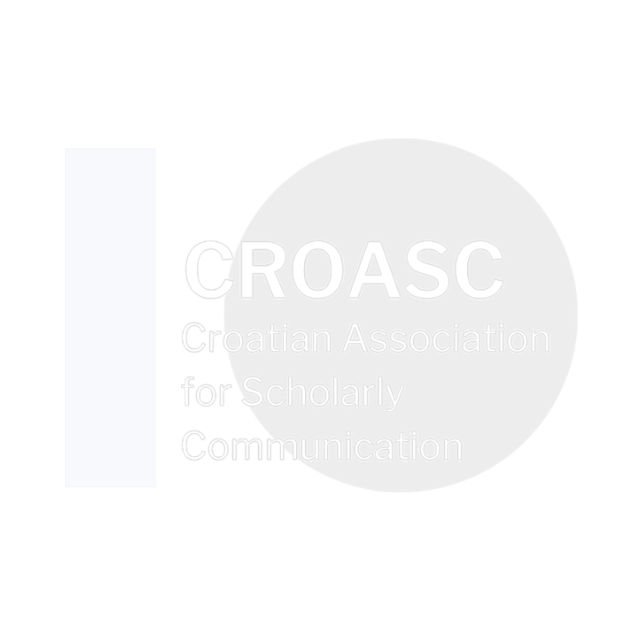Effects of European Union membership on the bibliometric indicators of Croatia’s research in the field of clinical medicine: a cross-sectional study
Romana Jadrijević Lozančić, Antonija Mijatović, Ana Marušić
14 September 2023
Session 3 ‣ Poster session
14:30 – 15:30
Background: After the fall of communism, post-communist Central and Eastern European (CEE) countries struggled to advance to the level of Western European countries of similar sizes, both in quality and quantity of their publication performance. (Gui et al., 2019; Hu & Zhang, 2017; Jurajda et al., 2017) The same may apply to the field of medicine, where CEE countries still function on the basis of individual work and personal connections, with few publications in higher impact journals. (Jovanovic et al., n.d.)
Being a researcher in a country with lower research performance has an effect on the extent of publication and the development of international collaborations. (Pina et al., 2019) Entering the European Union has made some difference in that field, as shown on the example of Malta and several other countries. (Makkonen & Mitze, 2016; McMillan et al., 2016)
Aim: We aim to test the hypothesis that the number and quality of publications by Croatian authors in the field of clinical medicine has increased after Croatia joined the EU.
Methods: Bibliometric data for publications indexed in Web of Science: Core Collection (WoS:CC) and Scopus, and authored or co-authored by researchers with a Croatian affiliation in clinical medicine were collected via inbuilt export for two time periods: 2005-2013 and 2014-2022. Additional data will be collected via automatic data extraction using Python, WoSAPI and ScopusAPI.
The sample for the study were all publications with a Croatian affiliation indexed at the times of data extraction for the period between 2005 and 2022 in WoS:CC (n=113,695) and Scopus (n=122,932). Minimal sample size with the desired precision of estimate of 0.05 and confidence level of 95% was estimated at 385. However, we aimed to include all publications with a Croatian affiliation in clinical medicine in both databases.
Using public domain records and lists, especially the list of registered subjects, provided by government and public, government-run institutions, a list of all possible names for all types and forms of organizations dealing in clinical medicine were gathered. Names which shared the same relevant words, such as hospital, were grouped under a single term. Terms were then truncated to include all possible and relevant variants, e.g. hosp* for hospital, hospitals, hospice and hospices. Truncated terms, which included terms with two or more truncated and non-truncated words, were connected with Boolean operator OR and put in brackets. Brackets were then combined to include only the results with Croatia in the affiliation, retrieving only works with a Croatian affiliation in the field of clinical medicine. Indicators that will be compared are author count, publication count, and citation count. Interrupted time-series analysis will be performed according to the Cochrane Effective Practice and Organisation of Care (EPOC) Resources for Review Authors. (Cochrane EPOC, 2017) We will calculate pre- and post-intervention (membership in EU) coefficients and change in slope of the annual value of indices, which may indicate if the intervention observed had an actual impact on possible changes. Additionally, percentage of journal articles and reviews in all types of publications may indicate increase in quality of publications before and after Croatia joining the EU.
Expected results: We expect our analyses to show a positive correlation between EU membership and number and quality of publications by Croatian authors in the field of clinical medicine, regardless of other influencing factors such as funding. We plan to have the results by the end of August 2023.
Conclusion: A positive impact of EU membership on a small country’s number and perceived quality of publications may help Croatia’s decision-makers when deciding on joining other such communities, as well as decision-makers in similar countries when deciding whether to join the EU or not. In addition, it might instigate others to conduct similar studies to see the full impact that formal international relations may have on science and scientific production.









